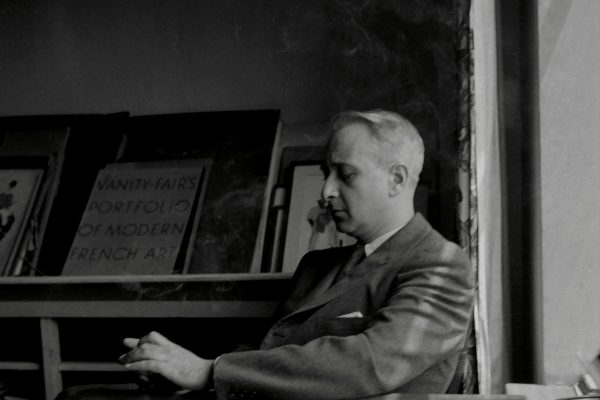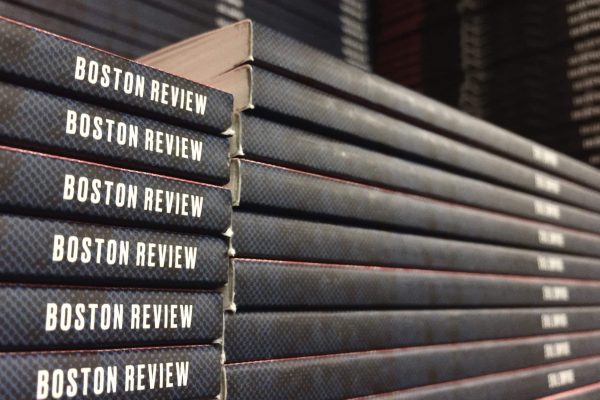In “Securing Arizona,” Tom Barry paints a bleak picture: harsh immigration laws and fiscal disaster, compounded by the terrible violence in Tucson. Arizona is now the second-poorest state, ahead only of Mississippi. Groaning under the weight of ill-conceived policies and severe demographic pressures, it suffers from an apparently unquenchable thirst for unconstructive distractions. Its challenges are particularly extreme, but they suggest a grim future for all of us: “The ideological and corporate-driven assault on government and the public goods it offers has brought Arizona’s government—along with other states’—to its knees. At the same time, that assault has devastated the sense of common identity and community trust that has been the foundation of good governance in the United States.”
Barry’s article is an admonition about divisive politics and the triumph of ideology over problem-solving. Reading it may leave you with a sinking feeling: that there’s little hope for Arizona—or the nation—in rebuilding that common identity and trust.
For a dose of hope, go to the New Democracy Forum. Rachel Glennerster and Michael Kremer describe some recent experiments about economic development. Their work, marrying social science with moral conviction, suggests some far-reaching lessons: that small interventions in health and education can produce real change in the lives of the world’s poor; that there is a common human nature (not always what we might hope it to be); and that smart, informed policies may yield significant benefit, extending beyond health and education to governance and accountability.
Ahmed Moor’s dispatch from Egypt tells another hopeful story. Moor was in Egypt in January and February, reporting from the pro-democracy protests in Cairo’s Tahrir Square. On the eighth day, as rage and violence subsided, Moor witnessed a stunning moment of public solidarity and celebration of collective action. Egyptians, rich and poor, cleaned the Square together—an act that produced palpable public benefit and symbolized a political transformation.
Of course, it is often hard to see how these distant cases might bear on our own, often hard to discern common human aspirations—to a decent life, free from overbearing and corrupt rulers—under divergent cultures and institutions. Maybe China Miéville’s The City & the City can help with this self-defeating blindness. Miéville’s book—a work of fantasy, wonderfully described by Henry Farrell—helps us to see how social conventions limit our perceptions of other people, and thus contract our understanding of ourselves and our own possibilities. Maybe a deeper appreciation of improvements born of concerted action elsewhere will help us to break free from the depressing limits of our own current circumstances.
Finally, we are deeply grateful to the Hewlett Foundation, a long-time friend of Boston Review, for their longtime generous support for the forum on behavioral economics and development.







